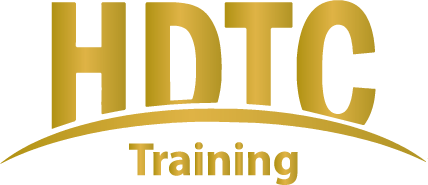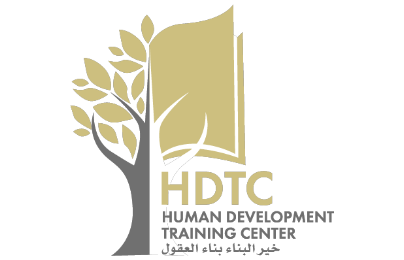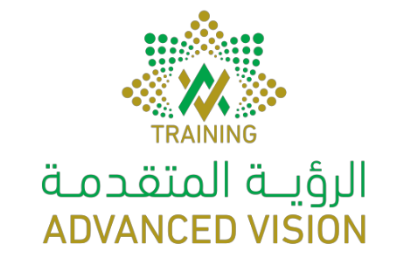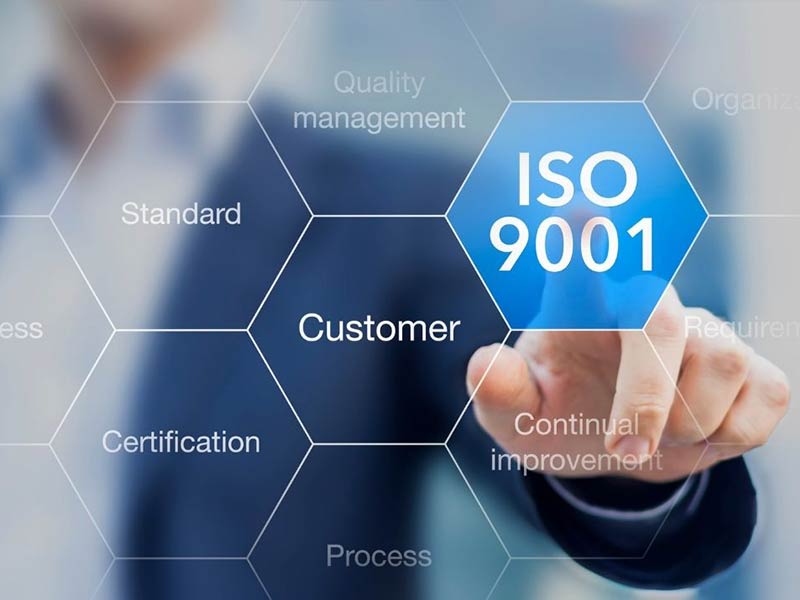Project Management CBP™
The CBP™ Project Management Certification equips the business professional with leading methodologies and practices in the project management field. Project management is a requirement for professionals in many fields, with many employers now identifying project management skills as vital for corporate success.
Whether you are a business executive or an information technology professional, the CBP™ Project Management Certification will enable you to advance your career and develop your professional skills.
Course Info
The CBP™ Professional-Project Management training program aims to prepare trainees, especially those who have recently joined the workforce.
The program equips trainees with essential principles, concepts, and methodologies in the field of project management while also enhancing their skills by introducing them to the latest methodologies that allow them to maximize their expertise in the following ways:
- Define what is meant by a project.
- Explain the concept of project management.
- Describe the project life cycle.
- Review the project charter.
- Identify project constraints.
- Explain project constraints.
- Clarify the project scope.
- Explain everything related to the work breakdown structure.
- Estimate the required time.
- Review the characteristics of the selected team.
- Outline the tasks of the team leader.
- Resolve conflicts within the team.
- Motivate team members.
- Explain the resource acquisition plan.
- Ensure quality control measures.
- Evaluate business communications.
- Explain the importance of change management.
- Ability to establish a solid project foundation.
- Develop project planning skills.
- Ability to build and manage work teams.
- Ability to motivate team members.
- Understand the requirements of the project execution phase.
- Understand the requirements of the project closure phase.
Module 1: Introduction to Project Management
- What is a Project?
- Project Management
- Project Constraints
- Understanding the Nature of Projects
- The Project Life Cycle
- Project Identification
Module 2: The Project Initiation Stage
- The Project Initiation Stage
- Identifying What has Triggered your Project
- Project Management Roles
- The Project Definition Document
- The Product Description
- Determining Project Goals
- Brainstorming and Consultation: Determine Goals
- Determining Project Specifications
- Determine Project Deliverables
- Determine Project Constraints
- Determine Project Assumption
- Presenting Your Business Case
- Speaking to the Business Need
- Presenting the Business Case
- Completing the Project Definition Document
Module 3: The Project Planning Stage
- The Planning Stage
- Determine the Scope of Work
- Scope Management Plan
- The Work Breakdown Structure (WBS)
- Creating the Work Breakdown Structure, WBS
- Unique WBS Identifiers
- Determine Deliverable-Specific Task List
- Define Task Descriptions
- Planning the Time Element
- Time Estimates
- Time Estimate: Mathematical Method, PERT
- PERT Calculations
- Buffer Time
- The Project Schedule
- Project Schedule Charts
- Updating Project Assumption & Time Constraints
- Planning the Cost Element
- Resource Identification
- Cost Estimation Methods
- Administrative Costs
- Buffer Costs
- Procurement Plan
- Human Resource Management Plan
- Project Cost Constraints and Assumptions
- Assigning Resources and Responsibility
- Planning the Quality Element
Module 4: Team Building for Project Leaders
- Team Building
- Leadership vs. Management
- Responsibilities of a Team Leader
- Team Building Benefits
- Team Selection
- Team Communication
- What is Conflict Resolution?
- Motivating Teams
- Coaching Teams
Module 5: Motivation
- Motivation
- Desires and Needs
- Encouraging Performance
- Morale
- Improving Morale
- Building Loyalty in Teams
Module 6: Implementing the Project Plan
- Implementing the Project Plan
- Implementing the Procurement Plan186
- Quality Control and Assurance Measures
- Business Communication Model
- Performance Tracking1
- Earned Value Analysis
- Change Management
- Budgetary Control Measures
- Implementation Stage: Project Management Areas
Module 7: The Closing Stage
- Acceptance of Deliverables
- Releasing Resources
- Acceptance of Contracts
- Disassembling Project Team Members
- Project Documentation
- Adds credibility to your business
- Enhances productivity and performance levels
- Establishes best practices
- Causes greater customer satisfaction
- Increases your skilled workforce at reduced training costs
- Provides you access to a network of global industry and subject matter/domain experts
- Offers a simple and reliable program for recruitment and staffing
The course is recommended for project managers, senior executives, leaders, project team members, business analysts, and managers.
This course requires that students meet the following prerequisites:
- The candidate must commit to the pursuit of excellence.
- A general understanding of projects and business elements.
- The candidate must have completed or be in the process of completing a high school or secondary school diploma or similar educational standards.
Earning the CBP™ Professional-Project Management certification can significantly enhance your career prospects in the field of project management.
This certification validates your skills in managing projects effectively, making you a valuable asset to any organization.
Some potential career paths and opportunities:
- Project Management Consultant
- Portfolio Manager
- Risk Manager
- Quality Assurance Manager
- Operations Manager
- Business Analyst
The exam follows this format:
- passing score: 70%.
- Duration: 2 hours
- Exam type: Multiple Choice
- Number of questions: 50
- Close Book
- There is no limit on the number of times a given CBP exam can be taken. However, the same fee applies to each exam.
- Four to six weeks after passing all the exams required for your CBP job role (for Professional or Master level certification exams), you will receive your certificate of completion.
- Students will receive an official course manual for post-class reference and review.
